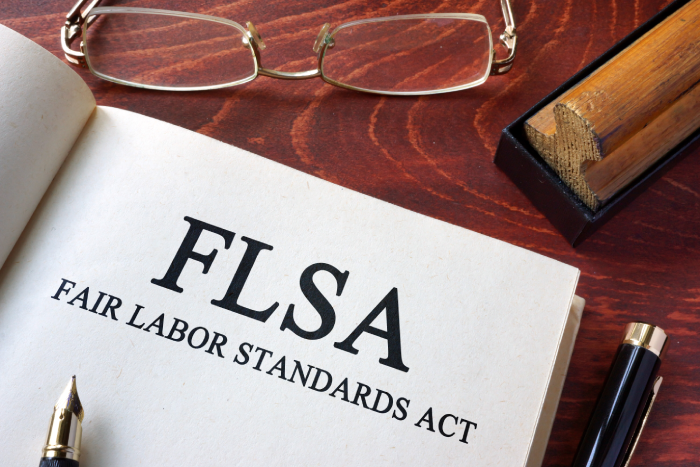Good news for home health care workers!! But, they will have to wait to 2015 to reap the benefits of the Home Care Workers Rule, a new regulation that applies to them. And, of course, only if the business lobby (a.k.a. Chamber of Commerce) does not win in fighting to repeal the new regulation. The U.S. Department of Labor (DOL) has revised its regulations to extend minimum wage and overtime rights to the home-care workforce, starting on January 1, 2015. Known as the Home Care Workers Rule, all home-care workers aiding the elderly who are employed by staffing and health-care companies will gain federal minimum and overtime rights, under the Fair Labor Standards Act (FLSA), on January 1, 2015. Final Rule, Application of the Fair Labor Standards Act to Domestic Service, 29 CFR Part 552, Doc. # RIN 1235-AA05 (Sept. 2013) (see especially § 552.109). The DOL’s revised regulation will extend minimum and overtime wage rights to about two million home-care workers, reports the New York Times. Overtime and the minimum wage under federal law guarantee a decent wage—though these days not always a living wage. The DOL expansion should help many families whose breadwinners work in the ever-growing, home-care industry. The regulation goes into effect on January 1, 2015, to permit various companies, as well as state-based Medicare programs, to adjust. Final Rule, Summary. Home-care workers employed directly by a family, on the other hand, will continue to be exempt from the FLSA, according to a 1974 exemption for home-based elderly companions, if that worker meets the definition of companion work. Final Rule, § 552.6. The DOL has launched a Web hub addressing some frequently asked questions. With the massive growth of the health care industry since the 1970s, the Department of Labor (DOL) has concluded that in-the-home workers employed by health-care and staffing companies deserve overtime and minimum wage rights. In contrast, Congress never intended the 1974 exemption for companionship aides for the elderly, who are intended to provide comfort, fellowship and a watchful eye, like babysitters, to apply to today’s health care industry, says the DOL. Final Rule, Summary. The DOL also is making other important changes affecting all live-in “domestic service workers” by requiring employers to record all actual hours worked. This group includes elderly companionship workers as well as commonplace housekeepers and nannies. Final Rule, §§ 552.3, 110. Household employers of housekeepers, for example, who have a signed agreement showing that the housekeeper works five, 10-hour days per week, will have to either check this schedule off for each day of the week, each week, or simply keep a ledger and record actual hours worked. Final Rule, §§ 552.110 & Summary (Part C). If a dispute arises over wages owed, and the employer has not kept an accurate record as required, the law favors the employee. This change too goes into effect on January 1, 2015. Lebau & Neuworth has successfully represented live-in workers, where employers did not keep good records and also cheated workers out of their wages. See Epps v. Way of Hope, Inc., NO. SKG-09-1486 (D. Md. Mem. Opp. May 18, 2010). If you are a home health care worker and feel you are owed wages, we can assess your case—give us a call 1.888.456.2529 or visit us at www.lebauneuworth.com











